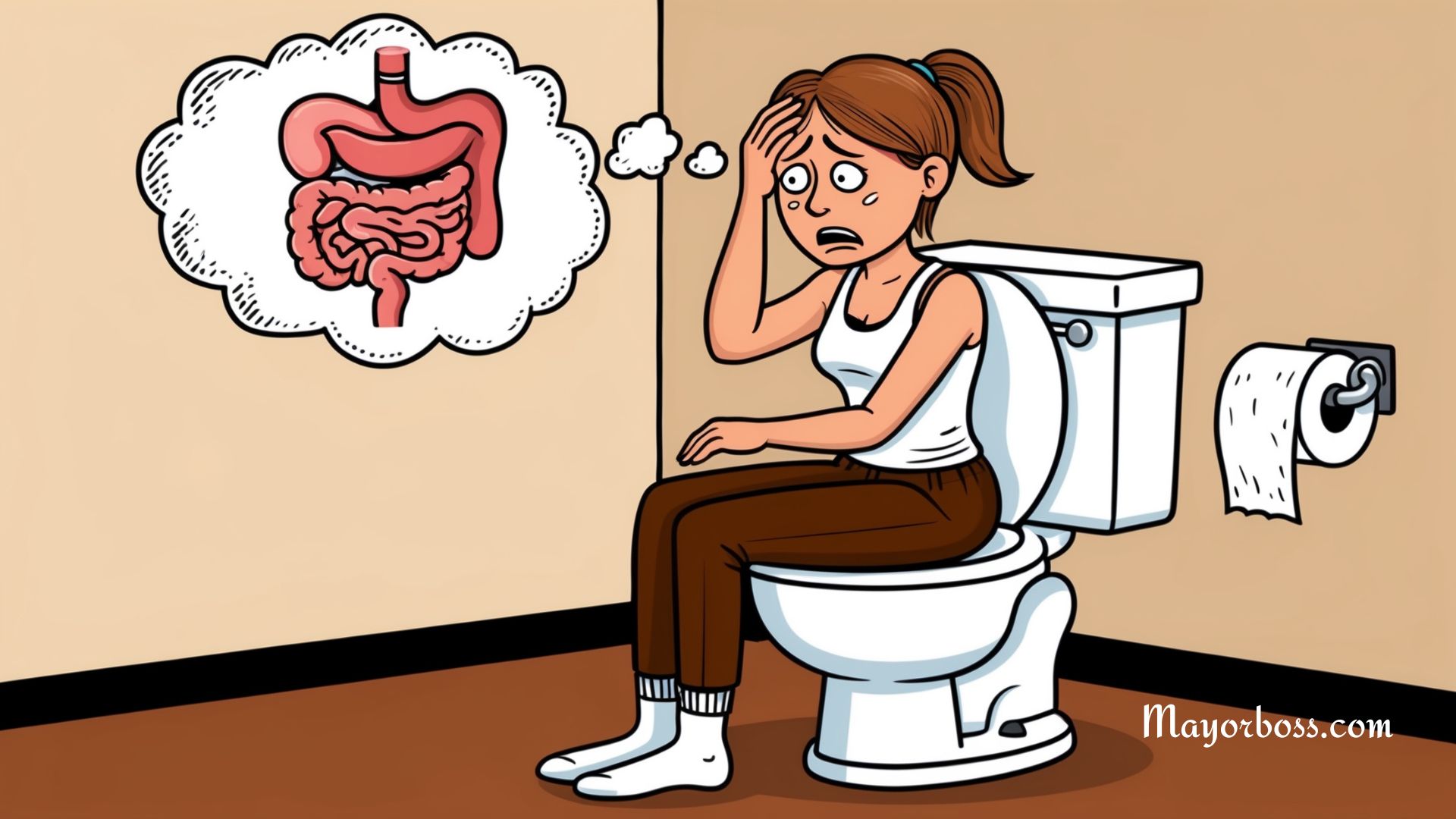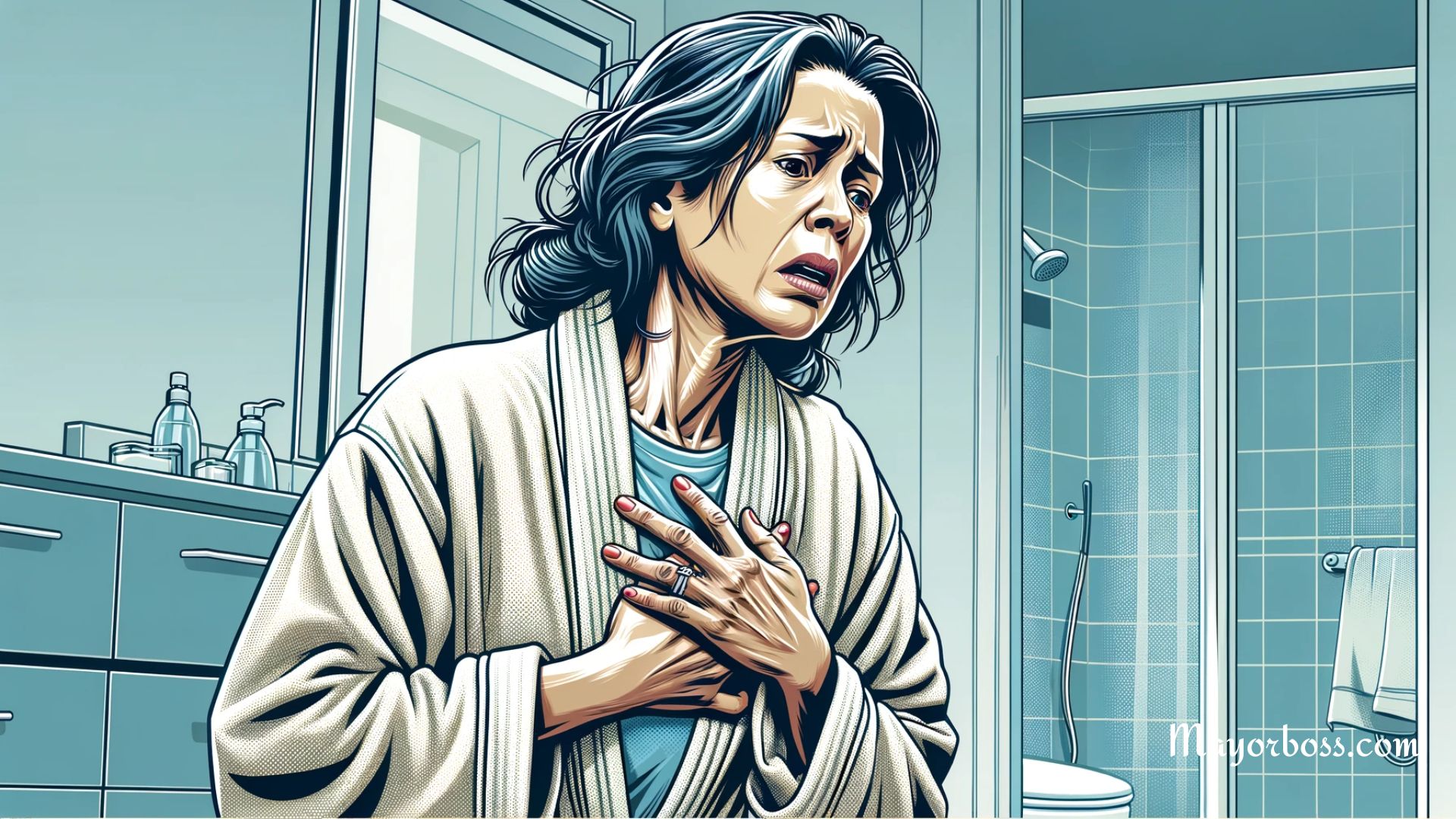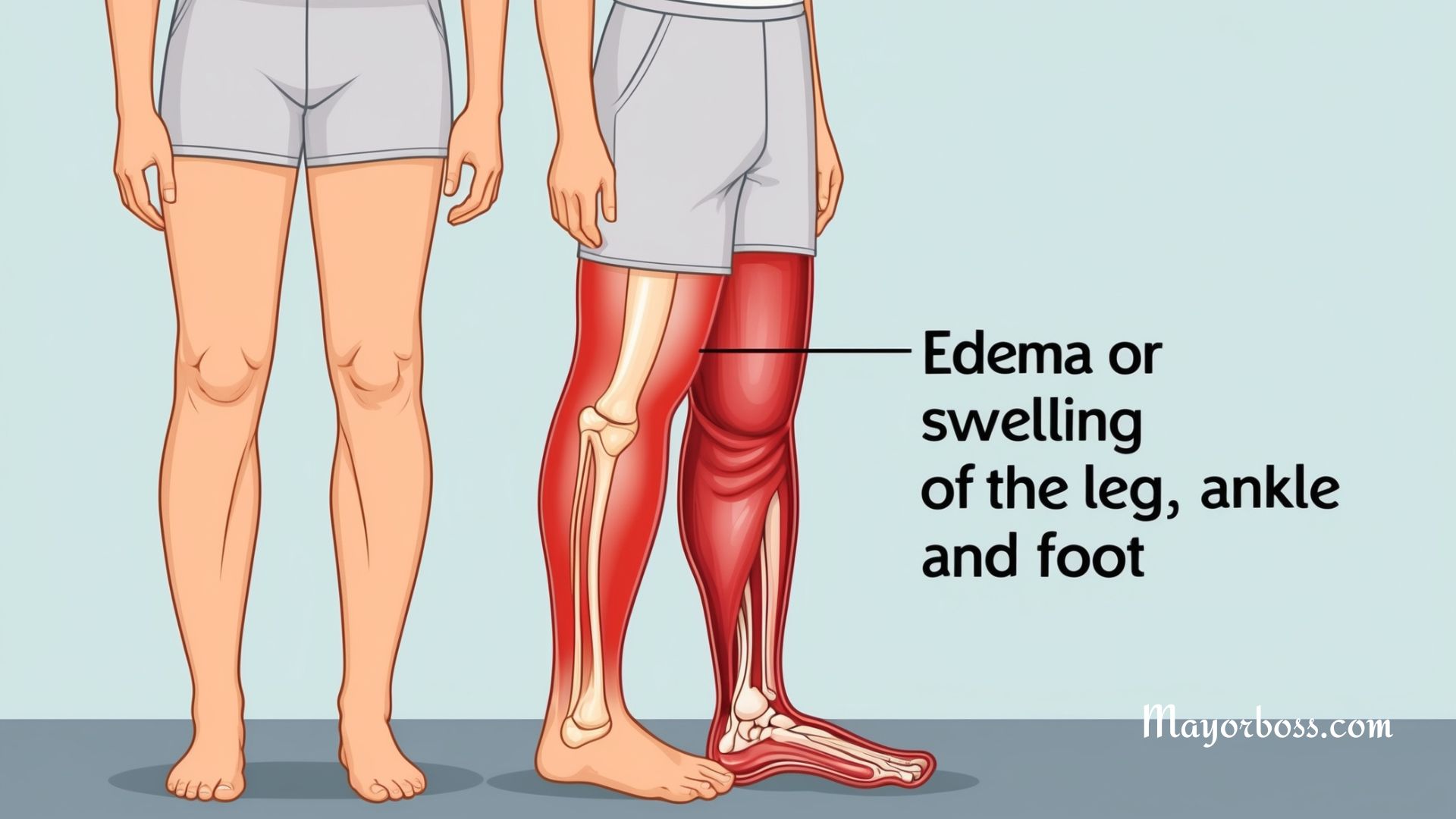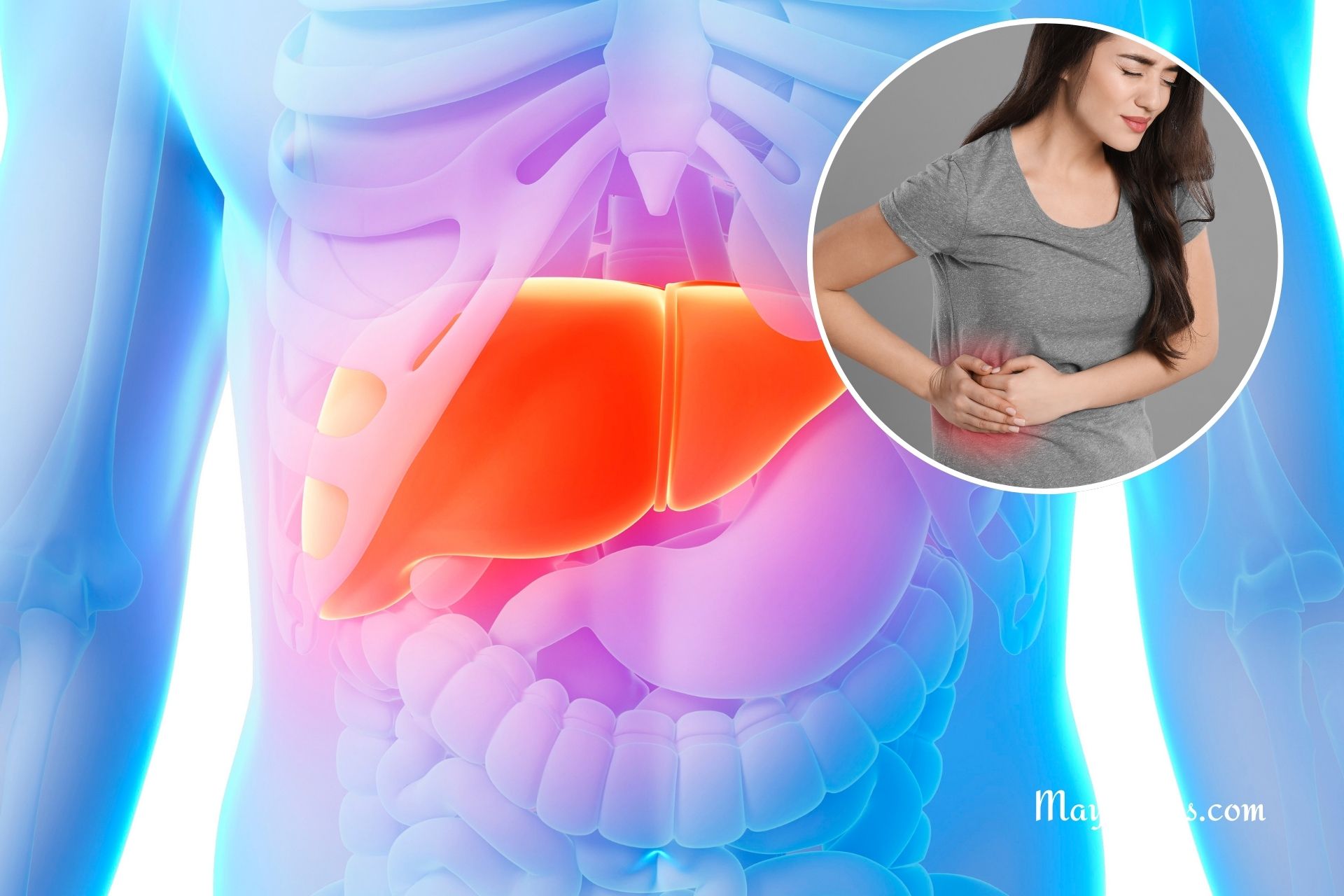Here Are Six Early Indicators That Colon Cancer Is Developing
Colon cancer can be a serious health concern. According to the World Health Organization, it is, in fact, the second highest cause of cancer-related deaths worldwide. But the good news is that it often presents early signs. I’m going to share with you six early indicators that could suggest colon cancer is developing. If you have any of the below symptoms for 3 weeks or more. Try not to be embarrassed. Go see a doctor to talk about your symptoms.

You Notice Persistent Changes in Your Bowel Habits
One of the first signs that something might be off is a change in your bowel habits. If you suddenly begin experiencing diarrhea, constipation, or a change in the consistency of your stool that lasts for more than a few days, it’s worth paying attention. Often, people brush these changes off as nothing, but they can be a warning sign of something more serious. The truth is that our bowel habits are pretty consistent, so when there’s a sudden, unexplained shift, it’s your body’s way of telling you something might be wrong.
You Experience Rectal Bleeding or Blood in Your Stool
Seeing blood where it shouldn’t be can be alarming, and rightly so. Blood in your stool or rectal bleeding is not something to ignore. While it might be caused by something less serious, like hemorrhoids, it can also be an early indicator of colon cancer. I know it can be uncomfortable to discuss, but it’s crucial to talk to a physician if you notice this symptom. You might not know this, but the color of the blood can also give clues about where the issue is originating in your digestive system. Bright red blood usually means the problem is closer to the anus, while darker blood can indicate an issue higher up, such as in the colon.
You Feel Persistent Abdominal Discomfort
We all experience stomach pain from time to time, but persistent abdominal discomfort that doesn’t seem to go away is something to be concerned about. This could include cramps, gas, or pain that just won’t quit. Sometimes, people think it’s just a bad case of indigestion or something they ate, but if this discomfort lingers, it’s time to consider the possibility of something more serious, like colon cancer. Personally, I think this is one of those symptoms that’s easy to overlook because it can be so vague, but it’s important to get checked by a doctor.
You’re Losing Weight Without Trying
Who wouldn’t love to lose a few pounds without effort? But if you’re dropping weight without changing your diet or exercise routine, it might not be as good as it sounds. Unexplained weight loss is often one of the first signs that something is wrong in your body. It’s particularly concerning if you’re losing weight rapidly without a clear reason. When it comes to colon cancer, the body might be using extra energy to fight the disease, leading to weight loss. Plus, the cancer can cause changes in your appetite or digestion that lead to unintended weight loss.
You’re Feeling Weak or Fatigued
Feeling unusually tired or weak, even after a good night’s sleep, can be a red flag. Colon cancer can cause anemia, which leads to fatigue because your body isn’t getting enough oxygen-rich blood. This isn’t just the regular tiredness that comes from a busy day; it’s a deep, bone-weary exhaustion that doesn’t seem to go away. If you find yourself constantly fatigued without a clear reason, it’s something you should take seriously. You might wonder why fatigue is such a common symptom of cancer—well, it’s because your body is working overtime to fight the disease, and that can really drain your energy reserves.
You Have a Feeling That Your Bowel Isn’t Emptying Completely
Another early sign of colon cancer is feeling like your bowel isn’t emptying completely, even after you’ve just had a bowel movement. It can be an unsettling sensation as if there’s something still left in your bowel that you can’t get out. This can happen because a tumor is obstructing the bowel, making it difficult for your body to fully eliminate waste. It’s one of those symptoms that can be easy to ignore or attribute to something else, but it’s crucial to pay attention to what your body is telling you.
What to Do If You Notice These Symptoms
If you’re experiencing any of these symptoms, it doesn’t necessarily mean you have colon cancer, but it does mean you should consult a physician as soon as possible. Spotting it early is key to treating colon cancer effectively. You see, the sooner you catch it, the better your chances of successful treatment. Doctors can perform various tests, such as a poo sample (stool sample), blood testing, and a colonoscopy, to determine if cancer is present and, if so, how to treat it.






